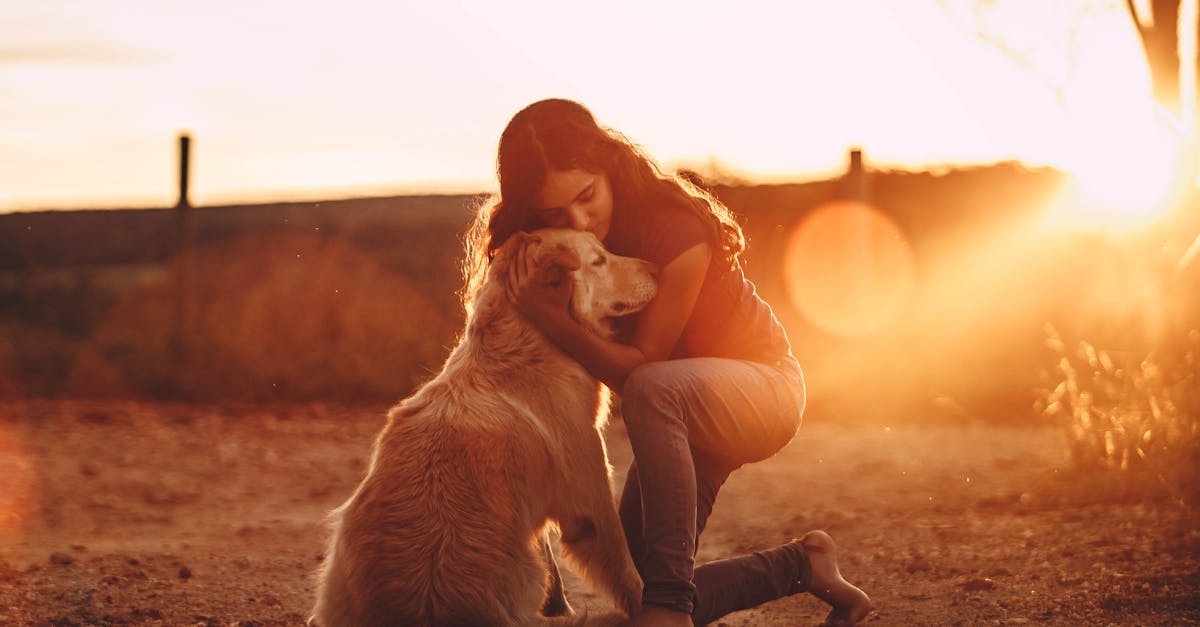The Allure of the Unconventional Pet
Imagine if you could have a pet that combines the loyalty of a dog with the independence of a cat, all wrapped up in a bundle of exotic charm. This might sound strange, but for some, that pet is a domesticated fox. Over the years, the idea of having a fox as a pet has gained traction, fueled by viral videos and intriguing stories of these fascinating creatures living harmoniously with humans. But, the reality is, owning a domesticated fox is a complex decision that comes with its own set of challenges and rewards.
A Quick Story: The Origins of Domesticated Foxes
Here’s a quick story: The concept of domesticated foxes traces back to a groundbreaking experiment in Russia, led by geneticist Dmitry Belyaev in the 1950s. Belyaev aimed to understand the process of domestication by selectively breeding silver foxes for tameness. Over generations, these foxes began to exhibit dog-like behaviors, such as wagging their tails and seeking human companionship. Looking back, it goes to show how selective breeding can fundamentally alter the behavior and even appearance of an animal.
The Pros of Having a Domesticated Fox
Unique Companionship
It’s interesting how domesticated foxes can offer a unique form of companionship. They are incredibly intelligent and curious animals, often forming strong bonds with their human caretakers. If you’re like me and appreciate the quirks of different animal behaviors, a fox might just win your heart.
- Intelligence and Playfulness: Foxes are known for their cleverness. They can be trained to perform tricks and solve puzzles, providing endless entertainment.
- Exotic Appeal: Owning a fox is undoubtedly a conversation starter. Their exotic nature makes them stand out from traditional pets like dogs and cats.
- Bonding Experience: The bond you can form with a fox is special. They are affectionate in their own way, often seeking attention and interaction from their owners.
Natural Pest Control
Something surprising happened when I learned that foxes are natural hunters. They can help control pests like rodents and insects in and around your home. This natural pest control can be a significant advantage, especially for those living in rural areas.
The Cons of Having a Domesticated Fox
Legal and Ethical Considerations
Here’s a funny thing: Not all places allow foxes as pets. The legality of owning a fox varies widely, with some regions banning them outright. It dawned on me that this is a crucial factor to consider before even thinking about bringing a fox home.
- Legal Restrictions: Many states and countries have strict regulations regarding exotic pets. Always check local laws to ensure you’re compliant.
- Ethical Concerns: The ethical implications of keeping a wild animal in a domestic setting can’t be ignored. Foxes have complex needs that are challenging to meet in a typical household.
Space and Environment
Speaking from experience, foxes require a lot of space to roam and explore. They are not suited for apartment living and need a secure outdoor enclosure to thrive.
- High Energy Levels: Foxes are incredibly active and need ample space to burn off energy. A small yard won’t suffice; they need a large, secure area to explore.
- Escape Artists: Foxes are notorious for their ability to escape enclosures. Ensuring their environment is secure is a constant challenge.
Specialized Care and Diet
I’ve often wondered about the dietary needs of exotic pets. Foxes have specific dietary requirements that differ significantly from dogs and cats. They need a balanced diet of meat, fruits, and vegetables to stay healthy.
-
Nutritional Needs: A fox’s diet must be carefully managed to prevent nutritional deficiencies. This often means preparing special meals or purchasing exotic pet food.

Photos provided by Pexels -
Veterinary Care: Finding a vet experienced with foxes can be difficult and expensive. Regular check-ups and vaccinations are essential to keep your fox healthy.
The Emotional and Social Dynamics
Socialization Challenges
It’s common knowledge that foxes are inherently wild animals. Even domesticated foxes retain some wild instincts, making socialization a challenge.
- Shy and Skittish: Foxes can be shy and skittish around strangers. Socializing them from a young age is crucial but can be a time-consuming process.
- Aggressive Tendencies: While generally not aggressive, foxes can become territorial or defensive, especially during mating season.
Emotional Bonding
I was just thinking about the emotional aspects of owning a pet. Foxes can form strong emotional bonds with their owners, but this bond can be different from the unconditional love often associated with dogs.
- Selective Affection: Foxes may show affection selectively, often bonding closely with one person in the household.
- Emotional Sensitivity: They are emotionally sensitive animals and can become stressed or anxious if their environment changes suddenly.
Financial Implications
Initial and Ongoing Costs
You won’t believe how expensive it can be to own a fox. The initial cost of purchasing a domesticated fox can be high, often ranging from $3000 to $8000. On that note, the ongoing costs are also significant.
- Housing and Enclosure: Building a secure, spacious enclosure is a significant investment.
- Diet and Nutrition: Quality food and supplements can add up over time.
- Veterinary Care: Specialized veterinary care is more expensive than regular pet care.
Hidden Costs
It hit me that there are hidden costs associated with owning a fox. These can include damage to property, as foxes are known to be destructive, and potential fines if you’re found to be in violation of local exotic pet laws.
Weighing the Decision: Is a Domesticated Fox Right for You?
In my opinion, the decision to own a domesticated fox should not be taken lightly. It’s funny how the idea of owning an exotic pet can be alluring, but the reality is far more complex. If you’re like me and have been there, you know that the responsibilities can be overwhelming.
Key Considerations
- Legal Research: Ensure you understand the legal implications in your area.
- Space and Environment: Assess whether you have the space to provide a suitable environment.
- Time and Commitment: Be prepared for the time and effort required for training, socialization, and care.
- Financial Preparedness: Consider whether you can afford the initial and ongoing costs.
Final Thoughts
To put it simply, owning a domesticated fox is a unique and rewarding experience, but it comes with significant challenges. It’s no surprise that many people are drawn to the idea of having such an exotic pet, but it’s essential to weigh the pros and cons carefully. If you’re considering this path, thorough research and preparation are crucial.
Come to think of it, the allure of a domesticated fox is a testament to our fascination with the animal kingdom. It’s common knowledge that pets enrich our lives in countless ways, but the decision to bring a fox into your home requires a deeper level of commitment and understanding.
What’s Next?
If you’ve decided that a domesticated fox might be the right pet for you, the next steps involve thorough research and preparation. Reach out to reputable breeders, consult with veterinarians experienced with exotic pets, and ensure you have the resources to provide a loving and suitable home.
Call to Action
Have you ever considered owning a domesticated fox? Share your thoughts and experiences in the comments below! If you found this article helpful, don’t forget to share it with others who might be contemplating this unique pet choice. 🦊
By thoroughly understanding the pros and cons, potential fox owners can make an informed decision that benefits both them and their future furry friend.












